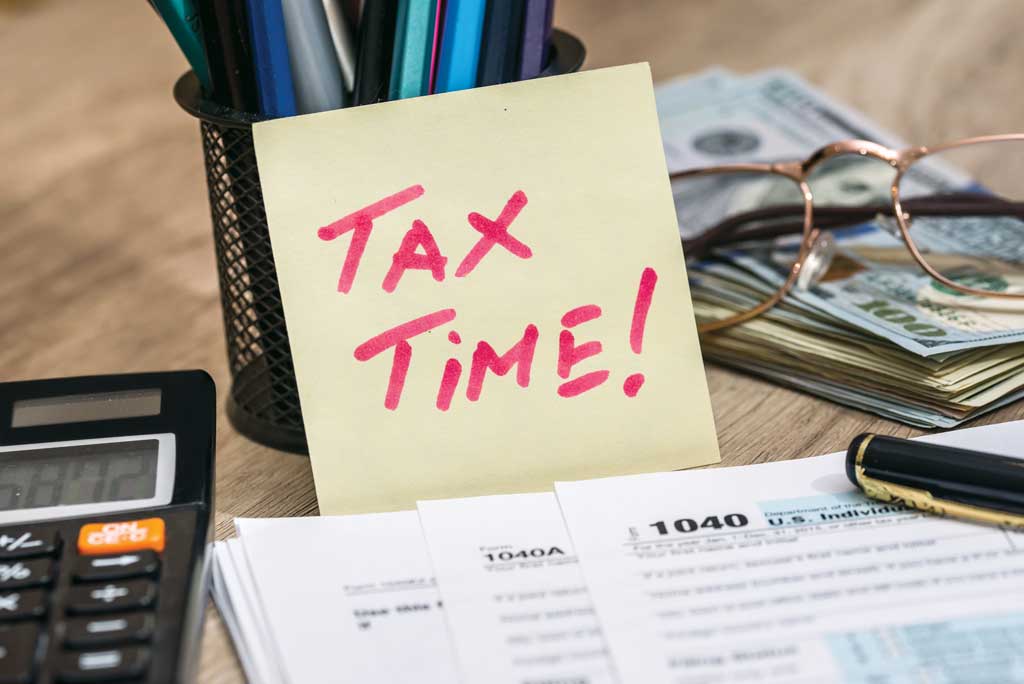By Erik J. Martin
CTW Features
Some of the most important tax write-offs available exclusively to those who own homes (including, in many cases, vacation or second homes) are:
• Mortgage and home loan interest deductibility. You can deduct the interest on a mortgage of up to $1 million used to purchase a home, as well as the interest on a home equity loan of up to $100,000.
• Mortgage interest credit, available to lower-income buyers who received a qualified Mortgage Credit Certificate. Unlike the mortgage interest deduction, this is a credit that reduces your tax liability dollar for dollar.
• Discount points, paid at closing for a home purchase or refinance, that enabled you to borrow at below current market rates (each point equates to 1 percent of the size of your mortgage loan). Certain rules apply, but in general the cost may be deducted dollar for dollar in the year in which they were paid; with a refinance, however, points are usually amortized over the loan’s life.
• Real estate taxes paid to state and local taxing bodies, which can typically be deducted in the year in which they’re paid.
• Casualty losses, which can occur, for instance, if a major storm impaired your residence. The write-off is based on the net loss after insurance has been paid and has to exceed 10 percent of your adjusted gross income.
• Home offices. If you work from your house, you can usually deduct expenses associated with running an eligible home office, such as utility costs to heat and cool the space, fees to remodel the room, and more. Qualifying for these write-offs, however, can be difficult, although the IRS introduced a simplified option for home office deduction last year that makes this process easier.
Even if it’s too late to qualify for some of the aforementioned deductions on your 2016 tax return, you may be able to claim these and other tax breaks in the future, so count on keeping good records and planning ahead, say the experts.
There are many strategies available to maximize these tax deductions, but it pays to enlist the help of a professional accountant or tax planner, says Mark Luscombe, principal analyst with Wolters Kluwer Tax & Accounting U.S. in Riverwoods, Ill.
“Homeowners should familiarize themselves with the rules and consult with tax experts, as professional expertise is helpful in identifying possible tax breaks and avoiding costly mistakes,” Luscombe says.
For full details on what homeowners can and cannot deduct, visit tinyurl.com/pqmc34q.
© CTW Features

